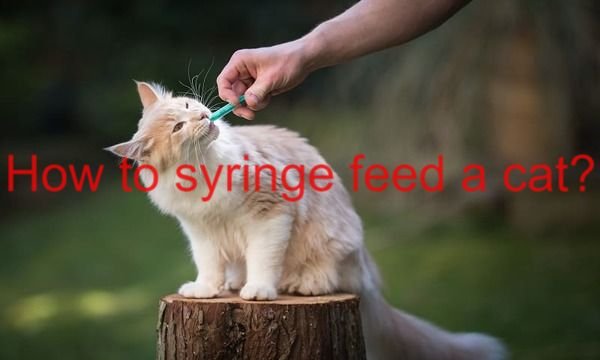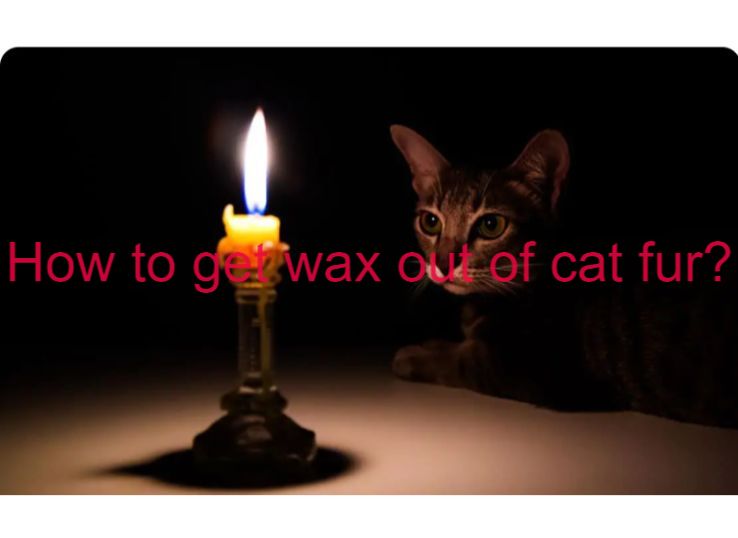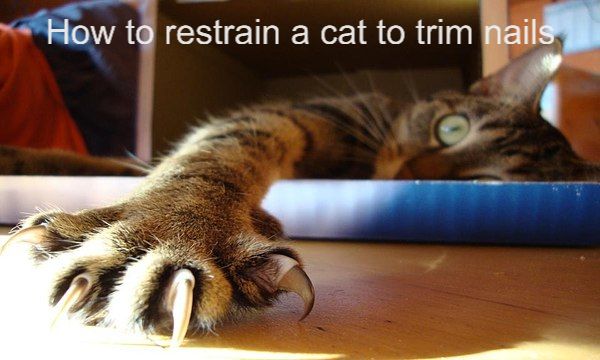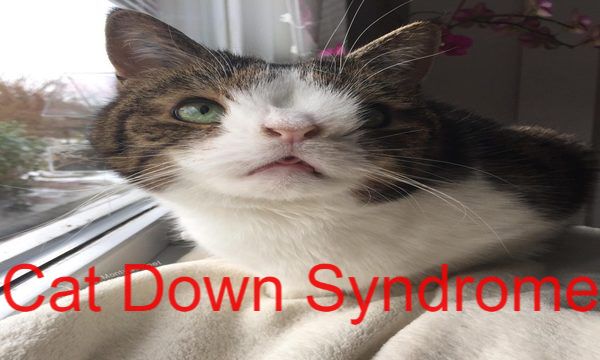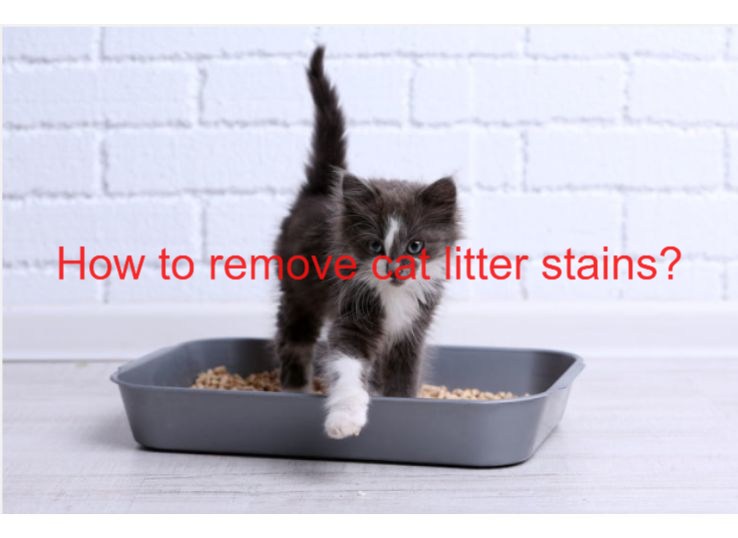How to brush your cat’s teeth? Easy 7 Steps
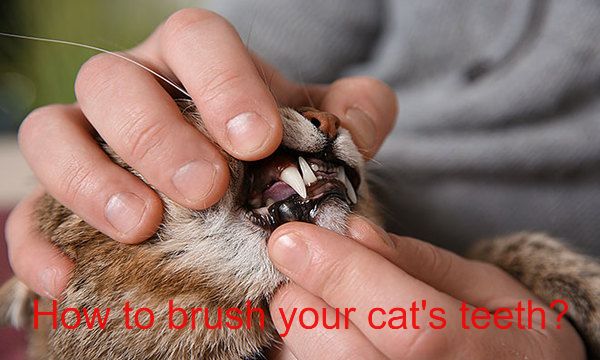
Does your feline’s breath smell is like an uncontrolled fish shop? Jokes aside, you should keep your cat’s teeth clean and healthy. It will prevent periodontal infection and additional health issues (beyond bad breath). Knowing how to brush your cat’s teeth is only one step to avoid these health issues before they arise. In this article, I will talk about this question. So, lets get started.
Table of Contents
The importance of brushing your cat’s teeth
What if not brushing your teeth for a longer period, and you’ll get some indication of what it’s the case of your cat. In addition, plaque forms and calcifies after some days within tarter, which is difficult to eradicate.
Besides, that’s not even including what can occur under the gum line. Some medical terms that will assure you of the significance of brushing your cat’s teeth are given below.
Plaque. The filmy stuff on the cat’s teeth.
Tartar. The brown hard stuff that builds up on your cat’s teeth.
Periodontal disease. A severe gum infection can damage your cat’s gums and jawbone.
You hardly have sufficient time to brush your teeth. Whereas brushing your cat’s teeth does not require more than half a minute each day.
When should you brush your cat’s teeth?
Furthermore, brushing at least 3 times per week is obliging if your timetable cannot accommodate everyday brushing. Teaching your feline to accept brushing when she is a kitten is excellent. Besides, if you keep an older cat, the procedure may take a bit longer; however, it is still a great effort.
How frequently should you brush your cat’s teeth?
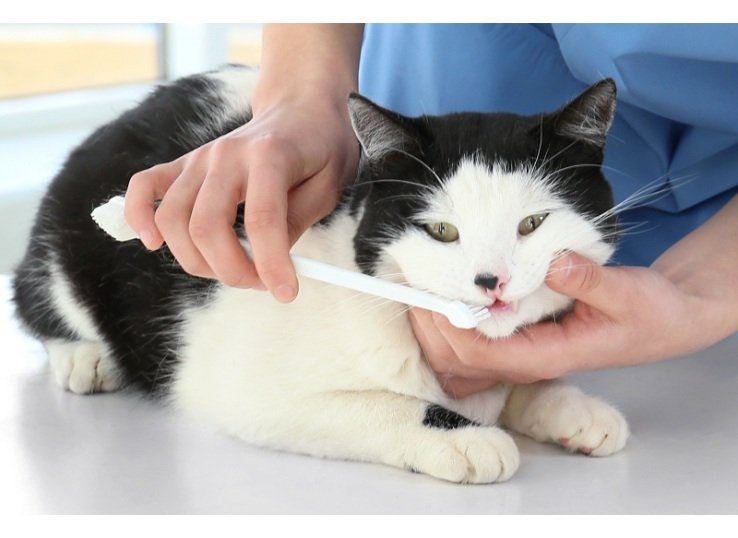
Preferably, you’d brush your feline’s teeth daily and have an expert dental cleaning one time in a year at your vet clinic. If the cat’s teeth, as well as gums, are in bad condition or extra delicate/painful, go for the expert cleaning from your vet.
Why should you brush your cat’s teeth?
Over half of all felines above age 3 have a periodontal illness (infection of the tissues near the teeth). Periodontal ailment starts as gingivitis due to plaque connecting with the gingiva.
Plaque solidifies and mineralises if not handled through consistent brushing, causing tartar formation. Left untreated, gingivitis might progress to critical periodontal sickness, which might be painful and eventually causes tooth loss.
What should you have to brush your cat’s teeth?
Avoid sticking a large human toothbrush in your kitten’s mouth. Instead, find a smaller one that is a good fit. Go for one of these choices:
- A baby toothbrush (having extra soft spikes)
- A sponge toothbrush
- A specific cat toothbrush that can fit on your finger
When your cat hates every brush you go for, then you can utilize a clean washcloth to wipe the plaque from your cat’s teeth and gums. After that, use pet toothpaste (avoid using human toothpaste). And, pet toothpaste is made to be nontoxic to swallow, and cats like its taste.
How to brush your cat’s teeth?
- Sit down with your furry friend and clean their face and cheeks.
- Use tuna water or chicken broth with less sodium and dip your finger inside it to ensure it doesn’t contain onions or garlic; then allow them to lick it off.
- Gradually rub your finger alongside their gums.
- Put some pet toothpaste on your finger, then allow them to lick it off; after that, rub it on their gums too.
- Put the pet toothpaste on a toothbrush and lightly brush their teeth. After that, lift their lips to expose their front teeth.
- When your cat becomes okay with this, keep brushing all of its teeth.
- If your cat is ok with this, brush its few teeth at once, taking huddle breaks in between.
Other home care techniques
- Some felines will not bear brushing; it doesn’t matter how much you care. In such situations, there are still some techniques in which you can stop developing plaque and tartar:
- If your cat eats soft food, then switching to or trying dry food might help to decrease plaque and tartar growth. Still, request your veterinarian first to verify a change of diet is appropriate for your kitten.
- Cat dental chews are generally available in the market. They come in several flavors and can be useful in decreasing plaque and tartar accumulation – ask your veterinarian what the most operative dental chews are.
- When your cat loves the pet toothpaste you can apply some pet toothpaste, to dry food to let the toothpaste rub alongside the teeth
- Chlorhexidine mouthwashes or ointments are available in the market. These help decrease bacterial growth, even though extended usage can cause discoloration of the tooth enamel.
- A veterinarian can also recommend a distinctive ‘dental diet’ for your furry friend – some foods have been particularly formulated to prevent plaque as well as tartar formation, and these can be useful in cats suffering from dental infection where brushing becomes very difficult at home.
Whereas your cat may require dental treatment at some period of its life, steady dental home care can improve oral health and decrease the requirement for dental techniques, which is useful for your cat.
How to teach a cat to accept toothbrushing?
The purpose is to brush all of the external surfaces of your cat’s teeth daily, utilizing a soft toothbrush as well as veterinary toothpaste. It might require numerous weeks for your feline to relax with brushing. It is significant to be reliable with your routine.
Pick your Time
Felines respond to routine; therefore, be steady with the time you brush your cat’s teeth daily. Select a time when your cat is generally starved.
Select the Reward
Select a reward that inspires your pet – a food your cat loves. If your feline thinks this is an entertaining game that includes rewards, she will be keen to play.
Set the Environment and Keep it Hopeful Place your feline next to you on a big chair or sofa. Use a tranquil, kind tone of voice and sustain a positive attitude and manner. Your kitten will feel and respond to any nervousness you might have.
Some dental treats for your cat
Several dental treats can keep your kitten happy after the brushings procedure. These treats work by rubbing or preventing the development of plaque and tartar. While buying dental treats, seek a VOHC Seal of Acceptance or contact your vet for suggestions.
At three years of age, several cats will get some mild-to-moderate dental infection that needs a complete oral examination and treatment done under GA. Contact your veterinarian to provide you with the details on your feline’s teeth throughout their annual health visit.
In addition, proactive dental care can reduce the danger of other medical disorders (such as heart syndrome, sinus infections, and reproductive disease) and increase your cat’s lifespan.
Is it satisfactory to use human toothpaste?
O not use human toothpaste. Human toothpastes have constituents that should not be ingested. If it is consumed, it can cause a distressed stomach or gastrointestinal disturbances. A lot of human toothpastes have high concentrations of sodium, which can even make your cat ill.
Why is pet toothpaste suggested?
Pet toothpaste is accessible in several different flavors that are delicious to cats. Using a product that tastes better, your feline will be more expected to enjoy the entire experience.
Can I use baking soda to clean my cat’s teeth?
No. Baking soda contains a highly alkaline material, which can disturb the acid balance in the abdominal cavity and gastrointestinal tract if ingested. Furthermore, it does not taste good which might cause your feline to be awkward once you try to brush your cat’s teeth.
Frequently asked questions
Q: How often should I brush my cat’s teeth?
A: Regular brushing is beneficial and will aid to maintain a healthy routine. You should brush your cat’s teeth at least three times a week if your timetable cannot accommodate regular brushing.
Q: How to clean a cat’s teeth naturally?
A: There are numerous techniques you can clean a cat’s teeth at your home naturally. These include altering their diet, considering tools of natural dental care for your cat, for example, gels, dental, chews, water additives, or simply providing them with a bone for chewing.
Q: Can I use human toothpaste on my cat?
A: do not try human toothpaste to clean your cat’s teeth. The high concentrations of fluoride frequently present in human toothpaste. If ingested, your cat can become severely sick. Thus, human toothpaste should be avoided.
Final thoughts
Although brushing your cat’s teeth is an ideal thing you can do to keep your cat healthy, dental products, for example, diets, chews, delicious treats, and water additives, can also give some health benefits.

